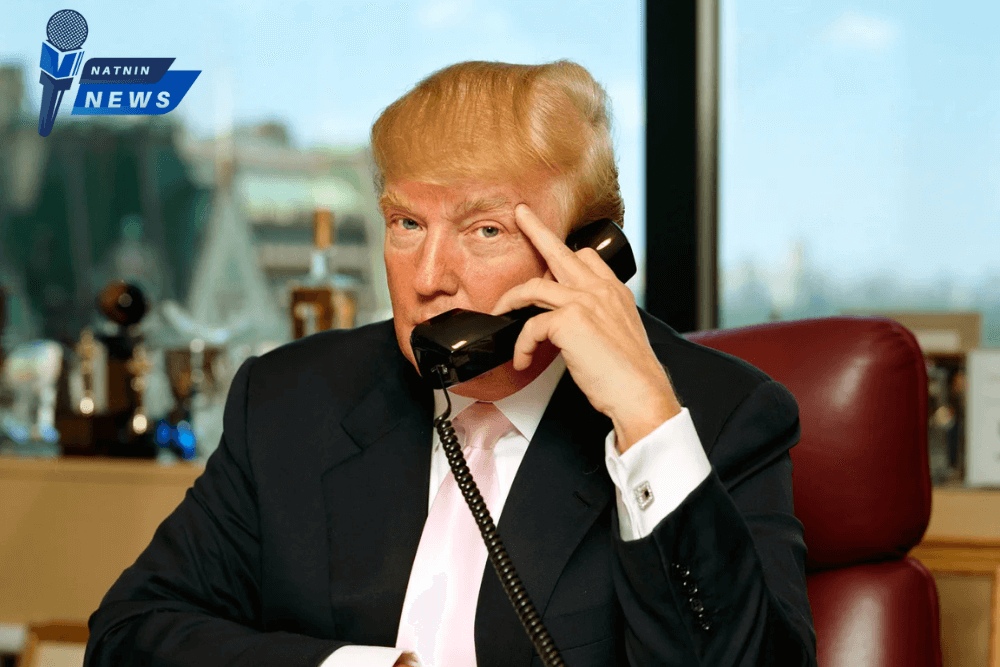What happens when a billionaire tech mogul wields unprecedented influence over both a private empire and the U.S. government? In a dramatic escalation that has gripped Washington and the aerospace world, Senator Elizabeth Warren has demanded a federal investigation into SpaceX’s government contracts, spotlighting Elon Musk’s role in the Trump administration’s Department of Government Efficiency (DOGE). Announced in May 2025, this probe could unravel the intricate web of corporate and political power, raising questions about fairness, oversight, and the future of federal contracting. Buckle up—this unfolding saga is poised to reshape the landscape of government accountability.

A Firestorm of Controversy
Senator Warren, a Massachusetts Democrat renowned for her crusade against corporate overreach, has zeroed in on SpaceX, the aerospace giant led by Musk. The company, a linchpin in U.S. space exploration and defense, has secured over $22 billion in federal contracts, including $15 billion from NASA and nearly $2 billion in classified Pentagon deals. Warren’s probe hinges on Musk’s leadership of DOGE, a Trump-initiated task force designed to slash federal spending and streamline operations. Critics argue that Musk’s dual roles create a glaring conflict of interest, allowing him to potentially funnel benefits to SpaceX while shaping government policy.
The stakes skyrocketed after reports surfaced that SpaceX landed $525 million in new contracts since Trump’s return to office in January 2025. Warren, joined by Democratic allies, contends that Musk’s DOGE position enables him to influence federal decisions in ways that favor his business interests. International outlets have echoed these concerns, suggesting that the overlap between Musk’s corporate and governmental roles is a ticking time bomb for transparency.

Decoding the Conflict of Interest
The core issue is whether Musk’s DOGE leadership undermines the integrity of federal contracting. As SpaceX’s CEO, Musk oversees a company critical to national security and space policy. Yet, his role as a special government employee in DOGE, tasked with advising on efficiency and spending, raises alarms. Democratic lawmakers, including Representatives Maxwell Frost and Gerry Connolly, have labeled Musk’s influence as a “textbook case of corruption.” They point to DOGE’s dismissal of a Department of Justice lawsuit against SpaceX and the retention of Department of Transportation staff supporting SpaceX launches as evidence of favoritism.
Musk’s defenders, however, argue that SpaceX’s contracts reflect its unmatched innovation and cost-effectiveness. In a February 2025 press briefing, Musk stated, “Every SpaceX contract delivers the best value for taxpayers.” Supporters on X echo this sentiment, with one user posting, “Warren’s probe is a witch hunt—SpaceX earns its contracts through results, not politics.” Yet, the Senate’s Permanent Subcommittee on Investigations, led by Senator Richard Blumenthal, estimates that Musk’s companies face $2.37 billion in potential legal liabilities, intensifying scrutiny.
Ripple Effects Across Industries
This investigation transcends SpaceX, signaling a broader push for accountability in government-business ties. Warren has championed legislation to tighten conflict-of-interest rules for special government employees, reflecting unease about corporate sway in the Trump administration. The probe could prompt independent audits of SpaceX’s contracts, potentially exposing whether improper influence has shaped federal decisions. It may also force the White House to clarify Musk’s DOGE role, especially as his 130-day mandate nears its end in late May 2025.

The aerospace sector is on edge. SpaceX’s rivals, like Boeing and Lockheed Martin, may capitalize on the probe to challenge its dominance, potentially reshaping the competitive landscape for future contracts. Beyond aerospace, the investigation could spur reforms in how the government handles relationships with private sector leaders who hold significant stakes in federal programs. Watchdog groups like Public Citizen warn that Musk’s influence risks “undermining taxpayer trust,” a concern that resonates across industries.
Public Sentiment and Political Divide
Public reaction, as seen on X, is polarized. Some applaud Warren’s probe as a necessary check on Musk’s power, with one user stating, “It’s time someone held Musk accountable for his cozy government ties.” Others view it as an attack on innovation, arguing that SpaceX’s contributions to space exploration outweigh any perceived conflicts. The White House insists Musk adheres to ethics rules and recuses himself from conflicts, but skepticism persists among critics who question the effectiveness of these safeguards.
What Lies Ahead?
As the probe unfolds, several scenarios could emerge. Audits of SpaceX’s contracts could reveal whether Musk’s DOGE role has skewed federal decisions, potentially leading to stricter oversight. The investigation may also pressure the Trump administration to limit Musk’s governmental influence, particularly as DOGE’s mandate concludes. For SpaceX, the probe poses both risks and opportunities—while it could face increased scrutiny, it may also reinforce its narrative of delivering unmatched value.
This moment is a crucible for American governance, testing the boundaries of corporate influence and public trust. Will Warren’s probe lead to sweeping reforms, or will SpaceX weather the storm, bolstered by its technological edge? The answers will shape not only Musk’s legacy but also the future of government accountability.
A Saga to Watch
Senator Warren’s call for a SpaceX probe is more than a headline—it’s a battle over power, transparency, and the public interest. As Elon Musk navigates his roles as a corporate titan and government advisor, the world watches to see whether this investigation will redefine the rules of engagement between business and politics. One question looms large: Can a single individual hold such sway over industry and government without compromising the public’s faith? This electrifying story is far from over, and its resolution promises to captivate us all.


